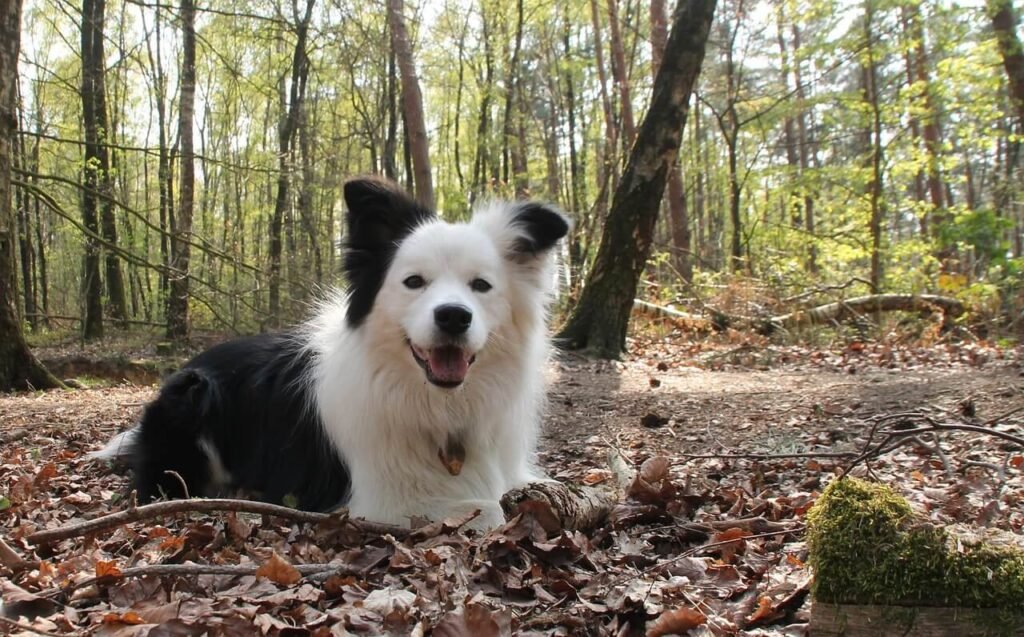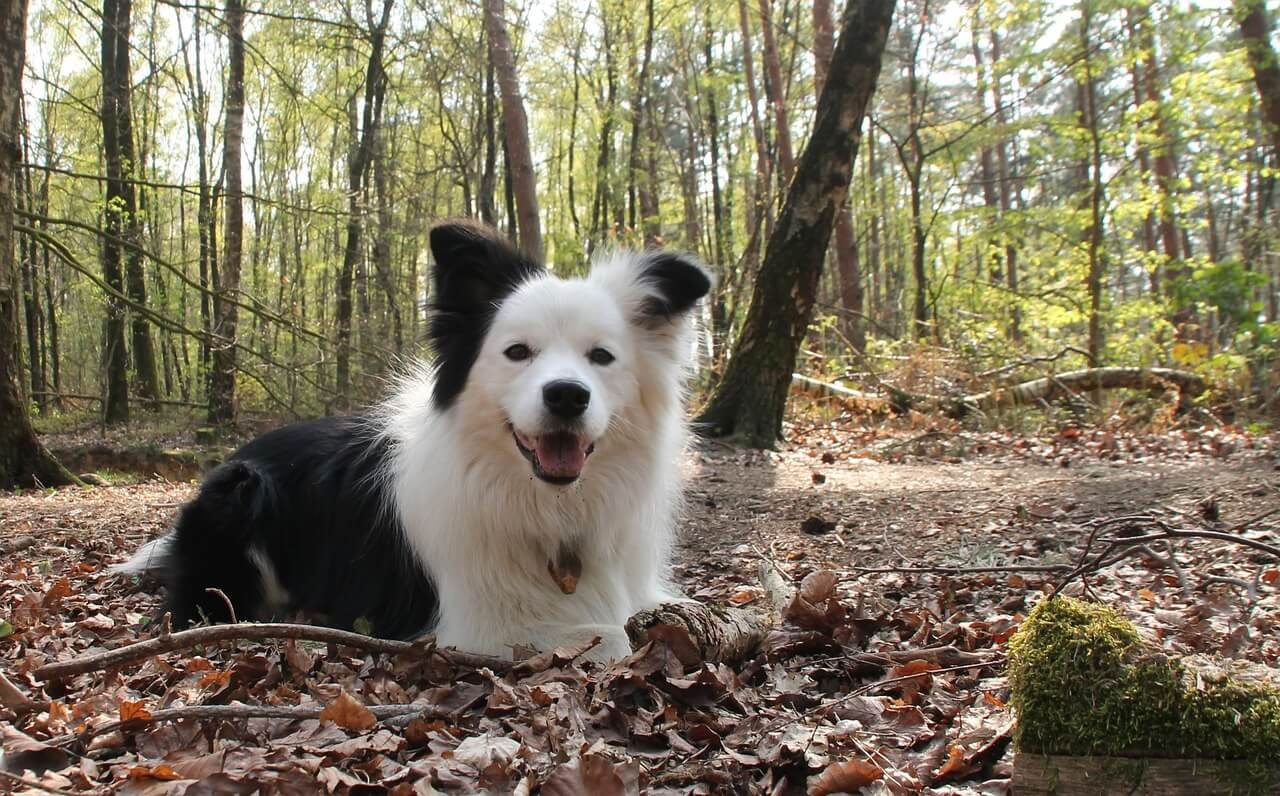Ativan Dosage for Dogs: A Comprehensive Guide to Safe Usage
When it comes to managing anxiety, seizures, or other conditions in dogs, veterinarians sometimes prescribe medications like Ativan (lorazepam). While Ativan is primarily used for humans, it can also be administered to dogs under strict veterinary guidance. However, determining the correct Ativan dosage for dogs is crucial to ensure their safety and well-being. In this blog post, we’ll explore everything you need to know about using Ativan for your furry friend, including proper dosages, potential side effects, and important precautions. Whether you’re a concerned pet owner or simply curious about this medication, this guide will provide you with the information you need to make informed decisions.
Understanding Ativan Dosage for Dogs: Key Considerations
Administering Ativan to dogs requires careful attention to dosage, as incorrect amounts can lead to adverse reactions. Here are some key factors to consider when determining the appropriate Ativan dosage for your dog.
Weight-Based Dosage:
The dosage of Ativan is typically calculated based on your dog’s weight. Smaller dogs require lower doses, while larger breeds may tolerate higher amounts.Condition Being Treated:
The condition being addressed—whether anxiety, seizures, or another issue—can influence the prescribed dosage. For example, seizure control may require a different dose than anxiety management.Veterinary Guidance:
Never administer Ativan without consulting your veterinarian. They will assess your dog’s health and determine the safest and most effective dosage.Frequency of Administration:
Ativan is often given multiple times a day, depending on the severity of the condition. Your vet will provide a schedule tailored to your dog’s needs.Form of Medication:
Ativan can be administered in tablet form, liquid solution, or even injected by a professional. The form may impact how the dosage is measured and delivered.
Properly understanding these considerations ensures that your dog receives the correct Ativan dosage, minimizing risks and maximizing benefits. Always prioritize professional advice when using this medication.
Common Uses of Ativan for Dogs: When Is It Prescribed?
Ativan is not a one-size-fits-all solution and is typically prescribed for specific conditions in dogs. Here’s a look at the most common scenarios where veterinarians might recommend Ativan.
Anxiety Management:
Ativan is often used to calm dogs experiencing separation anxiety, noise phobias, or stress during travel.Seizure Control:
In some cases, Ativan is prescribed as an emergency treatment for seizures, helping to stabilize the dog until further care can be provided.Pre-Surgical Sedation:
Veterinarians may use Ativan to sedate dogs before surgeries or medical procedures to reduce stress and anxiety.Panic Attacks:
Dogs prone to panic attacks or extreme fear responses may benefit from Ativan to help them stay calm in triggering situations.End-of-Life Comfort:
In palliative care, Ativan can be used to ease anxiety and discomfort, providing a peaceful experience for senior or terminally ill dogs.
These uses highlight the versatility of Ativan in addressing various canine health concerns. However, its application should always be guided by a qualified veterinarian to ensure safety and efficacy.
Check this guide 👉Understanding Ivermectin Dog Dosage: Best 7 Health Tips!
Check this guide 👉Understanding Simethicone Dosage for Dogs: Best 7 Tips!
Check this guide 👉Understanding Melatonin Dosage for Dogs: Best 7 Expert Tips!

Factors Influencing Ativan Dosage | Potential Side Effects |
|---|---|
Dog’s weight | Drowsiness |
Condition being treated | Loss of coordination |
Frequency of administration | Increased appetite |
Form of medication | Agitation or restlessness |
Veterinary recommendations | Rare allergic reactions |
Signs That Your Dog May Need Ativan: Recognizing the Symptoms
If you’re wondering whether Ativan might be appropriate for your dog, certain behavioral and physical signs can indicate the need for this medication. Here’s what to look for.
Excessive Panting:
Persistent panting without physical exertion or heat exposure can signal anxiety or stress.Trembling or Shaking:
Unexplained trembling, especially during loud noises or stressful events, may suggest a need for calming medication.Aggressive Behavior:
Sudden aggression or irritability could stem from underlying anxiety that Ativan might help manage.Pacing or Restlessness:
Constant pacing or inability to settle down is often a sign of heightened stress or nervousness.Seizures or Convulsions:
Frequent or severe seizures require immediate veterinary attention, and Ativan may be part of the treatment plan.
Recognizing these symptoms early can help you seek timely veterinary advice and potentially improve your dog’s quality of life with appropriate treatment.
Important Precautions When Using Ativan for Dogs
While Ativan can be beneficial, it’s essential to take precautions to ensure your dog’s safety. Here are some critical points to keep in mind.
Avoid Self-Medication:
Never give your dog Ativan without a prescription. Improper use can lead to serious health risks.Monitor for Side Effects:
Keep an eye on your dog for any unusual behavior or side effects after administering Ativan.Storage Safety:
Store Ativan securely out of reach to prevent accidental ingestion by your dog or other pets.Interactions with Other Medications:
Inform your vet about any other medications or supplements your dog is taking to avoid harmful interactions.Follow Dosage Instructions Precisely:
Stick to the prescribed dosage and schedule to avoid overdosing or underdosing.
Taking these precautions ensures that Ativan is used safely and effectively, protecting your dog’s health while addressing their specific needs.
Natural Alternatives to Ativan for Dogs
For pet owners seeking non-medication options, natural alternatives can sometimes complement or replace Ativan. Here are some possibilities to consider.
CBD Oil:
Known for its calming effects, CBD oil may help reduce anxiety in dogs without the side effects of pharmaceuticals.Calming Supplements:
Products containing ingredients like L-theanine or melatonin can promote relaxation.Behavioral Training:
Working with a professional trainer can address anxiety triggers and teach coping mechanisms.Exercise and Play:
Regular physical activity helps burn off excess energy and reduces stress levels.Thundershirts:
These pressure wraps provide a sense of security during anxious moments, such as thunderstorms or fireworks.
Exploring these alternatives can offer additional ways to support your dog’s emotional well-being.
Signs Your Dog May Be Overdosing on Ativan
Overdosing on Ativan can be dangerous, so it’s important to recognize the warning signs. Here’s what to watch for.
Extreme Lethargy:
Unusual tiredness or inability to stay awake may indicate an overdose.Difficulty Breathing:
Labored or shallow breathing requires immediate attention.Loss of Consciousness:
Fainting or unresponsiveness is a critical sign of an overdose.Vomiting or Diarrhea:
Gastrointestinal distress can accompany an overdose.Uncoordinated Movements:
Stumbling or falling over may suggest neurological impairment.
If you notice any of these symptoms, contact your veterinarian immediately to ensure your dog receives prompt care.
Tips for Administering Ativan to Dogs
Giving medication to dogs can sometimes be challenging. Here are some tips to make the process smoother.
Hide in Treats:
Conceal the Ativan tablet in a soft treat or piece of cheese to make it more appealing.Use a Pill Dispenser:
A pill dispenser can help place the medication directly at the back of your dog’s throat.Crush and Mix:
If approved by your vet, crush the tablet and mix it with wet food or yogurt.Reward System:
Offer a favorite treat or toy immediately after administering the medication to create positive associations.Stay Calm:
Dogs pick up on your emotions, so staying relaxed can make the process less stressful for both of you.
These strategies can make administering Ativan easier and less stressful for you and your dog.
Frequently Asked Questions About Ativan for Dogs
Can I give my dog Ativan without consulting a vet?
No, Ativan should only be administered under veterinary supervision to ensure safety and proper dosage.
How long does Ativan take to work in dogs?
Ativan typically begins working within 30 to 60 minutes after administration.
Are there alternatives to Ativan for dogs?
Yes, other medications or natural remedies may be recommended depending on your dog’s condition.
Can Ativan be used long-term for dogs?
Long-term use is generally avoided due to the risk of dependency, but your vet will determine the best course of action.
What should I do if my dog overdoses on Ativan?
Contact your veterinarian or an emergency animal clinic immediately for guidance.
Final Thoughts: Safely Using Ativan for Your Dog
Ativan can be a valuable tool in managing anxiety, seizures, and other conditions in dogs when used responsibly and under veterinary guidance. By understanding the appropriate dosage, recognizing symptoms that may warrant its use, and taking necessary precautions, you can ensure your dog receives the care they need. Always prioritize professional advice and monitor your dog closely for any changes in behavior or health. With the right approach, Ativan can help improve your dog’s quality of life and bring peace of mind to you as a loving pet owner.
Do Cats Have Taste Buds? Best 7 Expert Tips! – Discover how cats experience flavors and why their taste is so unique.
Do Dogs Have Taste Buds? Best 7 Expert Tips! – Discover how dogs experience taste, their preferences, and what it means for their diet and health.
Can Cats Taste Sweet? Best 7 Expert Tips! – Discover why cats can’t taste sweetness, how it affects their diet, and tips to keep them healthy and happy.
Can Dogs Taste Sweet? Best 7 Expert Tips! – Discover how dogs perceive sweetness, which foods are safe, and tips to manage their sweet cravings responsibly.





